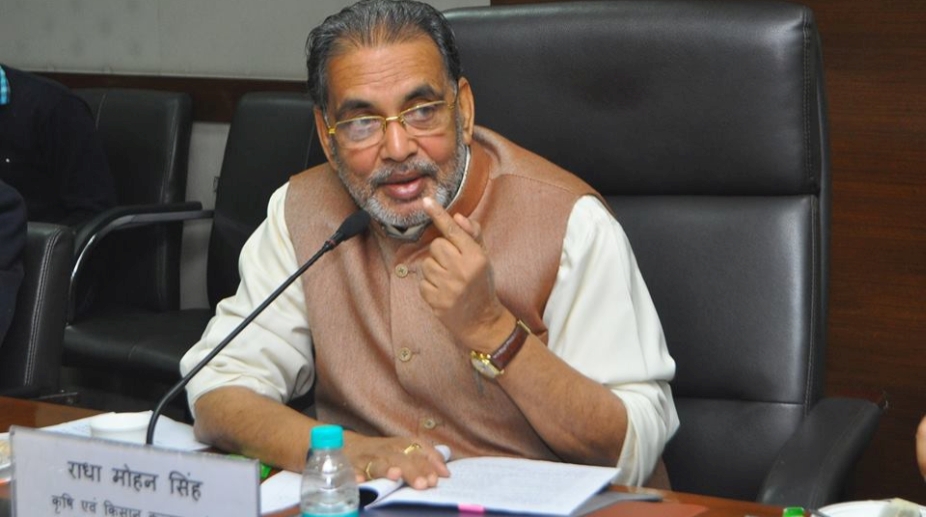The registration of indigenous livestock and poultry breeds has increased to 169 so far, but more work needs to be done as 54 per cent of the country’s livestock population remains unidentified even today, Agriculture Minister Radha Mohan Singh said.
Out of the 169 registered breeds, 41 are of cattle, 13 of buffalo, 42 of sheep, 28 of goat, 7 each of pig and horse, 9 of camel, one breed each of yak and donkey, among livestock.
Advertisement
At the beginning of the registration process, 129 breeds were registered.
In case of poultry, 18 breeds of chicken and one each of duck and geese has been registered. For the first time, breeds of yak, duck, and geese have also been registered, he said in a statement.
“But even today, 54 per cent of the country’s livestock population is yet to be identified in the form of breeds,” Singh said after giving away the animal breed registration certificates.
He said five out of nine newly-registered breeds are from North-Eastern states. “Still, there is a possibility of more breeds in these areas. …There should be the unique, stable and lesser-known population in other species like mule, yak, Mithun, duck, and quail which are yet to be identified.”
With the advent of the era of national sovereignty on genetic resources under the Convention on Biological Diversity (CBD), the minister said a new approach is required to catalogue and describe the animal breeds.
The breed registration process assumes importance as there is a need to protect native animal genetic diversity in the light of Intellectual Property Rights and other trade issues.
Breed registration is an important step in documenting the animal genetic resource and related knowledge, which will lead to creation of an inventory so that systematic efforts can be made for genetic improvement, conservation and sustainable utilisation of these resources, the minister added.











